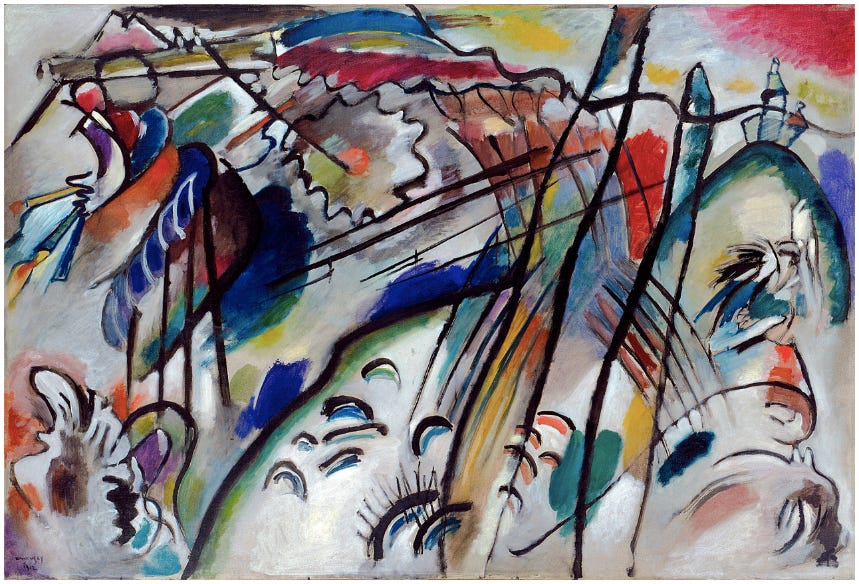Improvisation - does that word make you squirm?
Does it conjure cringe-inducing memories of high school theatre? Does it leave you in a sweat-stained panic, remembering that time you fumbled your way through a job interview?
Most of us are pretty good at - staying in control! - but what lies beyond the boundaries of our plans and preparations? What does improvisation reveal about our ability to be responsive, collaborative and spontaneous in the moment? Could improvisation teach us something about our inner instincts, resourcefulness, and tenacity under pressure?
In collaboration with the wonderful India Anderson - our emerging impro queen - I’m excited to share these journaling prompts to explore the role of improvisation in your life.
Happy journaling!
Rings of spontaneity - 10 minutes
Draw a circle in the centre of your page. This circle represents you and your place in the world!
Add a ring around that circle. This inner ring represents your realm of comfort with improvisation. Take some time to fill it with all the things you can do easily without thought or a fixed plan.
Now, add an even bigger ring around that. Take some time to fill this outer ring with things or areas of life where you feel less comfortable improvising.
What do you notice about these two circles?
Stream of consciousness writing - 15 minutes
Pick one (or all) of the following prompts and begin writing the first thing that comes to mind, without stopping to edit:
What emerges when I stop trying to control the outcome?
Who defines failure or embarrassment?
What if I performed just for me? What if my all my acts were ephemeral [passing in the moment]?
Where am I holding back a 'yes, and' that could build something together with others?
Read and respond - 15 minutes
Pick a quote. What does this mean to you? What ideas, colours, memories come to mind as you read it?
"It's not the note you play that's the wrong note – it's the note you play afterwards that makes it right or wrong" Miles Davis.
“Improvisation is the power of spontaneous observation” Wyatt Pringle.
Write in whatever style suits you: bullet points, mind map, stream of consciousness, a letter to the author, a drawing.


